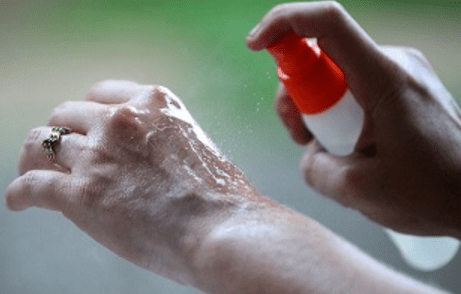In early 2016, the World Health Organization declared the outbreak of Zika virus an international public health emergency. Currently, UNFPA is helping lead global efforts to promote widespread information about Zika virus and the right of women to protect themselves against the infection through the use of contraceptives, including emergency contraception.
Zika: key facts
- Zika virus is transmitted by Aedes mosquitoes.
- People with Zika virus disease usually have a mild fever, skin rash (exanthema) and conjunctivitis. These symptoms normally last for 2-7 days
- There is no specific treatment or vaccine currently available.
- The best form of prevention is protection against mosquito bites.
- The virus is known to circulate in Africa, the Americas and Asia and the Pacific.
UNFPA is developing information kits directed to service providers and the public on what the Zika virus infection is and how to prevent it, particularly among women who plan to conceive and pregnant women. UNFPA is also working with national partners to increase access to contraceptives to help women make choices about their fertility and to condoms to reduce potential risk of sexual transmission of the Zika virus. In addition, UNFPA is engaging with partners on a coordinated response from a reproductive rights perspective.
Read UNFPA's QandA on the Zika Virus and the WHO Zika landing page.
Zika - Protective Steps
Everyone should take steps to avoid exposure to the Zika virus. Pregnant women and those of childbearing age should take extra care to avoid exposure to mosquito bites, use insecticide-treated mosquito nets and apply insect repellents approved for use by pregnant women.
Women who are pregnant or planning to become pregnant are urged to seek prenatal care to receive information and monitoring of their pregnancy and to follow their doctors’ recommendations.
Women who don't want to become pregnant should be advised to use contraceptives. Those who want to become pregnant should be monitored and advised to increase preventive measures, as mentioned above.
As there is no vaccine or specific treatment for the Zika virus infection, treatment for everyone, including pregnant women, is directed at alleviating symptoms.
Current information on the transmission from mothers to babies during pregnancy or childbirth is very limited. Research is currently under way on possible mother-to-child transmission of the virus and its effects on babies. Pregnant women in general, and particularly those who develop symptoms of the Zika virus infection, should be closely monitored by health providers. In all cases, women, including those who are pregnant, should be able to access the full range of sexual and reproductive health services in accordance to national laws and policies.
Key Resources
- UNFPA Zika QandA
- Zika Virus and potential complications
- Global emergency response plan
- Latest Zika situation report


